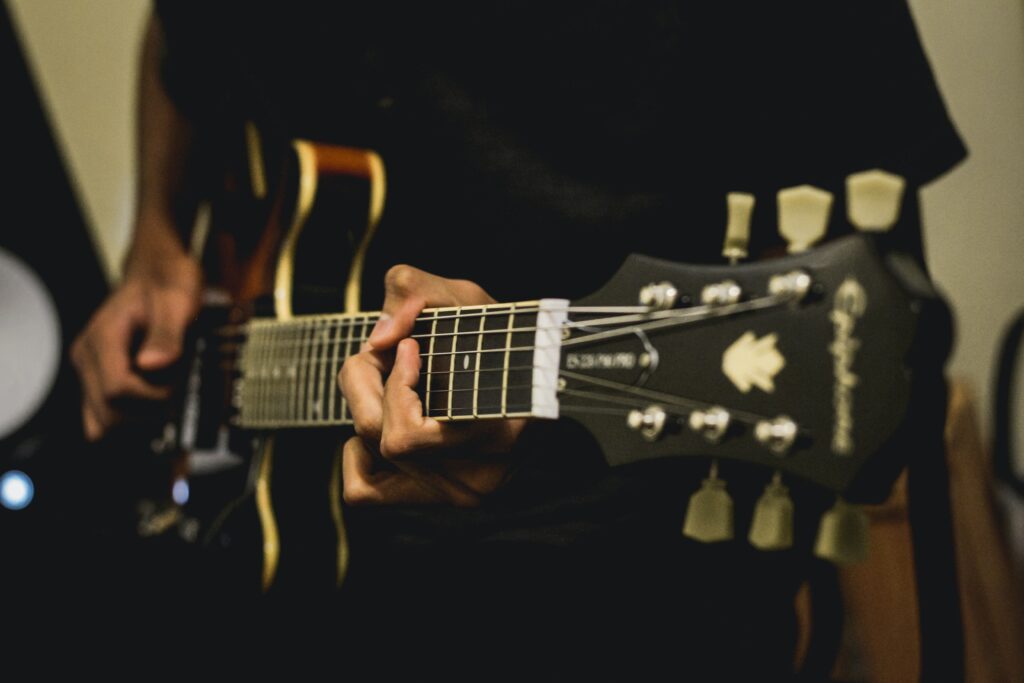It is 2021 and the idea of figuring out licensing, publishing and copyright law for musicians is still often greeted with groans and dithering conversations. Like most matters, education and knowledge banks go a long way. While the trail tapers off into a tiny barren patch of land that is publishing in India, it’s now getting a little more helpful hydration to follow. There are plenty of head-scratching junctures that any independent musician, songwriter, lyricist or manager/label can arrive at.

Here’s a quick look at how our understanding of royalties and publishing is changing alongside the entire ecosystem of music creation and performance in the country:
Understanding Your Rights
Often, the first step is the most daunting. In this case, it’s about understanding how publishing and other rights work, especially in India. But know this and hold it as true no matter whom you speak to: it’s important to know your rights. When it comes to publishing rights, one can take small steps first; it could start with simple communication in clear language over texts or emails which can then help build towards a trustworthy working relationship. The information is often easily accessible, whether it’s webinars or Q&A sessions with industry professionals and more. A bit of groundwork and easy access has already been provided on music licenses as well as publishing by publications like MusicPlus.
Selling Your Rights
It’s okay to think long and hard and grapple with mixed feelings when it comes to weighing out whether you’d sign away any or all future royalties on a piece of work in exchange for a lump sum. Different labels, brands and production houses operate with their own approach, which can leave artists seeking uniformity and clarity. At the same time, it leaves room for trying out different models and routes for artists, lyricists and songwriters. It could mean that you can settle on different agreements and find something that suits your needs each time your work is involved.
The Support System
If a contract looks daunting enough that you can’t even get through the first few lines without remembering some heavy school or college textbooks, help will always be at hand. By the admission of Priyanka Khimani, one of the country’s most visible entertainment IP legal experts, there aren’t that many IP lawyers who understand music and copyright, but if you believe time is money, it’s better to bring on a lawyer, manager or company instead of poring over contracts for days on end. The options don’t have to be as glitzy as getting an “entertainment lawyer” when there are companies such as Artistik License (founded by Manojna Yeluri) and Heard who pitch in at different stages.
Finding the Framework
The Indian Performing Rights Society (IPRS) are counted as one of the gatekeepers of composers and songwriters’ rights and their language too has steadily become more accessible and more inclusive to perhaps facilitate more membership. While the execution of their tasks are often brought into question, there’s certainly more lucidity than ever before for anyone wishing to sign up to stake claim to royalties.
With plenty of seeds to plant in the publishing space in India, there are always more aspects that need demystifying. As is the case with most creative, loosely structured industries, the best way forward is more open dialogue and regular communication. It’s just as important to speak and query in the right spaces, and there’s plenty of online groups with experienced musicians or friendly social media pages like Music Business Toolbox and Indie Music Allies. As long as artists, stakeholders, labels, and everyone else have more conversations on these topics, we’ll likely find clarity.
